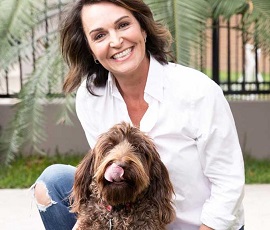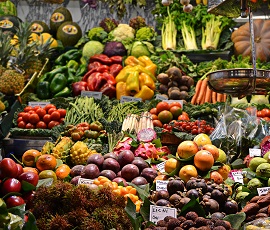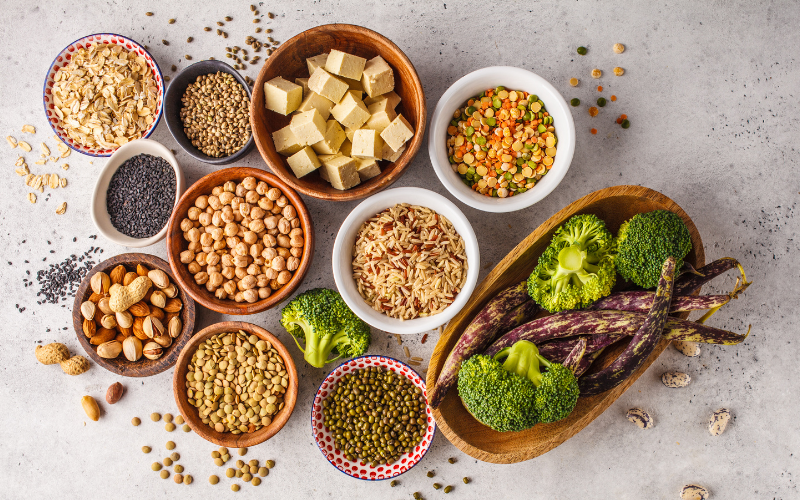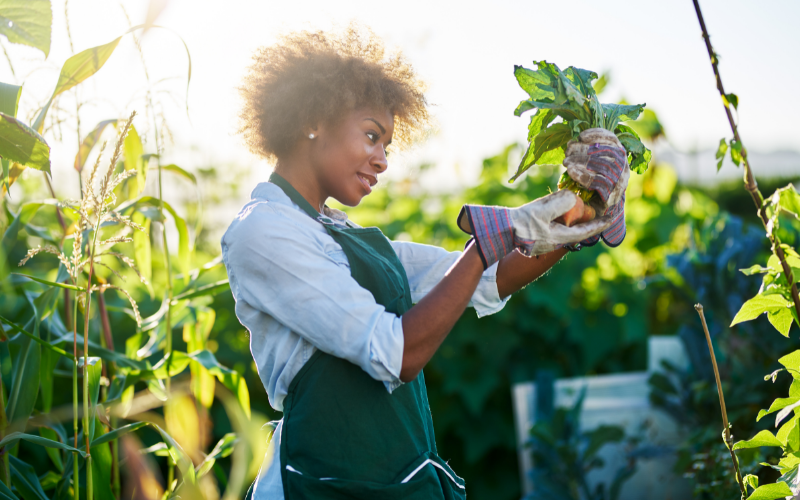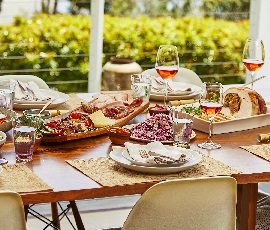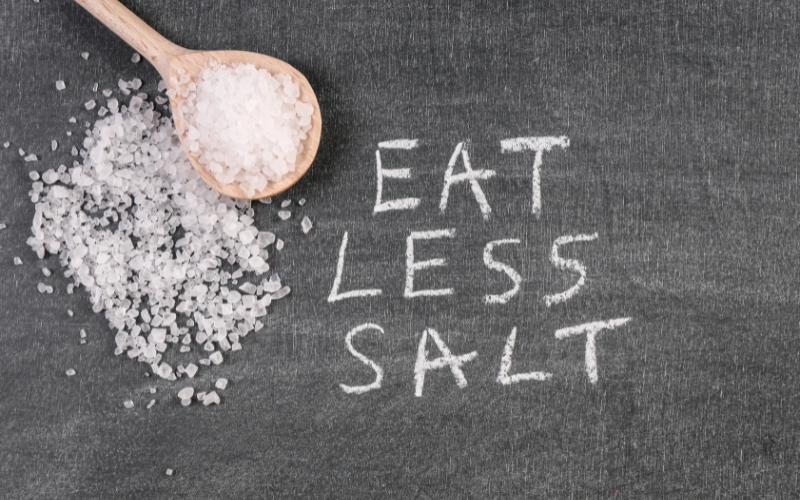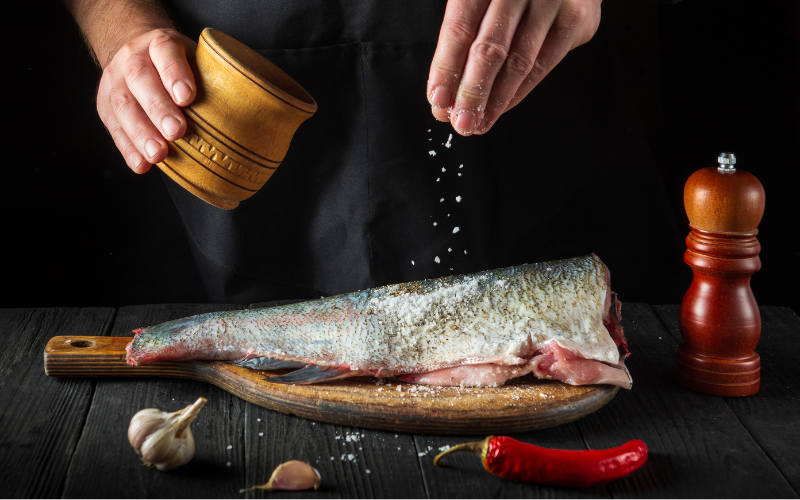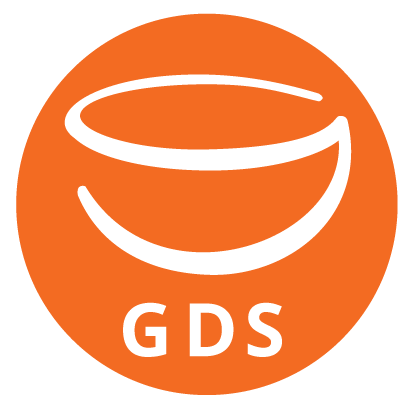Are you a reducetarian or should you be?
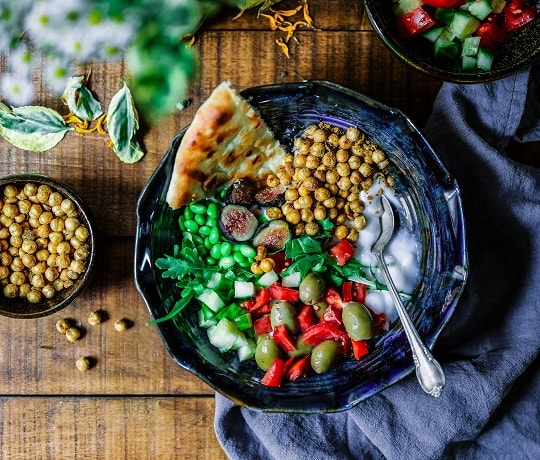
Before you can answer that question, let us explain what a reducetarian is. Firstly, if you’re thinking to yourself not another diet to get my head around, then think again. This is not a diet, more a philosophy about food, sustainability and positive change.
The term reducetarian was coined several years ago and describes a growing movement of individuals who actively reduce the amount of meat and animal products in their diets. The concept appeals to many people, as it’s inclusive and attainable. It’s not just for vegans and vegetarians. It’s also for those who may not want to completely eliminate meat and animal products but still want to make a change.
Why do it?
According to a study in the well-respected journal, Science, giving up meat and dairy is the single biggest step any of us can take to reducing our impact on the planet. And that is certainly a key motivating factor for many reducetarians, though others may just want to improve their health or the welfare of animals.
Reducetarians are proud to be part of something isn’t “all or nothing”. They celebrate the small changes, every bit counts. Even a 10% reduction in meat consumption would have an enormous impact globally on greenhouse gas emission, water consumption, sparing farm animals and freeing up land, as well as on an individual’s risk of heart disease, diabetes and cancer. That’s powerful stuff.
How to do it?
There are no strict rules, just suggestions. One easy way to start is to go for a weekly strategy such as Meatless Monday. Other ideas include eating meat only after 6pm each day, or just on weekends.
On a practical level, it’s just a question of substitution. Swap out the meat or animal product option for the vegetarian or vegan one. Here are some examples:
- For breakfast, make it Tofu Scramble instead of scrambled eggs.
- For lunch, opt for Vege Lasagne over the meat based one.
- Dinner is just as delicious when it’s Vege Tikka Masala or Lentil Burgers instead of the beef or chicken versions.
- Mid-meal, ditch the cheese and salami and go for any of these high protein, natural vegan snacks instead.
If you don’t have time to plan ahead or cook, just keep a stash of vegetarian meals from Dietlicious in the freezer to fall back on. You’ll be getting a meal that’s delicious, healthy, made from all natural wholefood ingredients and it’s already done for you.
Will you give reducetarian eating a try?
It’s believed that as many as 40% of us are trying to cut down on the amount of meat we eat. If you’re among them, then you’re already a reducetarian and you didn’t even know it! If not, then perhaps you should be?
For more information, check out the Reducetarian Foundation website.
For more ideas about plant-based eating, read Plant Power: The benefits of eating a plant based diet or Finding Protein Rich Food for Vegetarians and Vegans.

